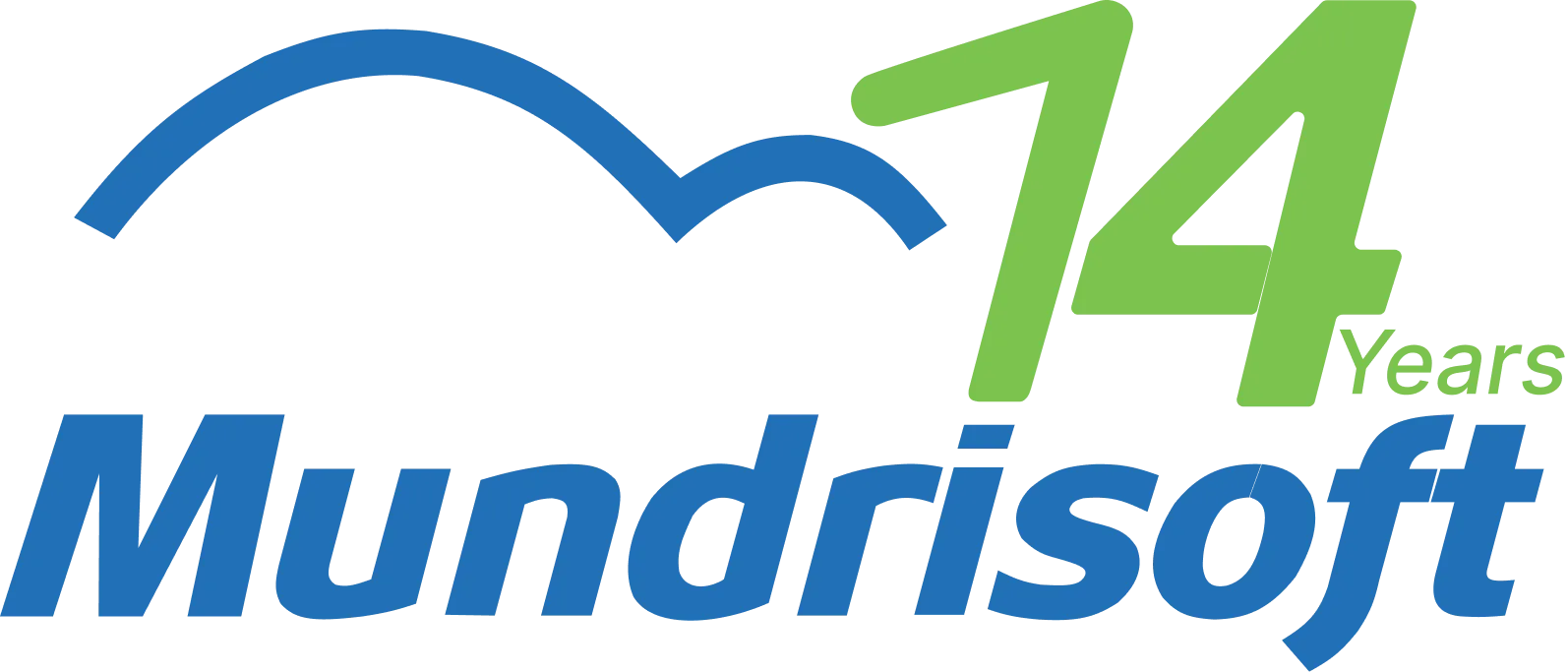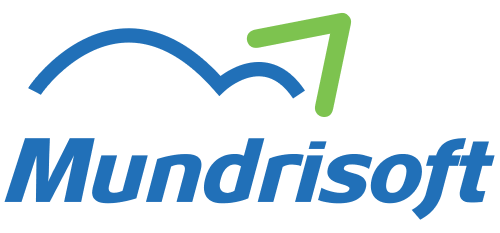
The White-Label Software Model for EdTechs
EdTech industry is growing rapidly and it can be difficult for companies to keep up with the ever-changing technology landscape. They are under constant pressure to provide digital solutions that can meet changing demands. However, this comes at a cost of the ability to scale. The lack of qualified resources is one of the biggest challenges when it comes to scaling EdTech solutions. EdTech companies must also consider the cost of creating and maintaining their products, which can be expensive.
High scalability costs, lack of resources and new digital demands are causing EdTech companies to consider the white-label model.
What is the “white-label” model?
The “white label” model in the EdTech industry is a business model where a technology provider works with an educational institution to create, customize, and launch educational technology products. This type of collaboration allows an educator or institution to benefit from the expert technology knowledge of a third-party provider while still being able to control their own branding and product design. This can be especially beneficial for smaller educational institutions that may not have the resources or technical know-how to develop their own technology solutions.
In a white label EdTech product, the provider typically develops and maintains the underlying technology infrastructure such as hosting, security, and software development. The institution or educator then customizes the solution with their own branding and additional features, such as course content or user interface. This allows the institution to benefit from a tailored EdTech product that meets their specific needs without having to build it from scratch.
The white label model is becoming increasingly popular in the EdTech industry due to its flexibility and cost-effectiveness. It also eliminates many of the risks associated with launching a new product, since the provider is responsible for the technology and infrastructure.
This model has enabled many educational institutions to quickly launch EdTech products that are custom-designed for their students and faculty members.
Overall, the white label model in the EdTech industry provides an efficient way for educational institutions to create customized solutions that meet their individual needs.
By working with a technology provider, institutions are able to benefit from expert knowledge and resources while still having control over the branding and product design.
This model is an ideal solution for smaller schools or organizations that may not have access to the resources necessary to develop their own EdTech solutions.
The advantage of this model is that it allows the companies to focus on their core competencies while still being able to offer a complete solution to their customers.
When do companies consider hiring a white-label platform or application?
There are a few key circumstances in which working with a white-label service can be advantageous for businesses:
- When a company lacks the internal resources to develop a platform or application on their own
- When a company wants to outsource the development process to experts
- When a company needs to launch a platform or application quickly
- When a company wants to avoid the high costs associated with building a platform or application from scratch
In general, white-label services can be a helpful option for businesses that want to create a platform or application without shouldering the entire development process themselves.
By partnering with an experienced and reputable white-label service provider, businesses can get their platform or application up and running quickly and efficiently, without having to invest a lot of time and money into the development process.
What are the benefits of the white-label model?
The white-label model offers several advantages, including:
- Ability to control branding: With a white-label model, your brand is in full control of the product or service, so you can ensure it reflects your company’s values and mission.
- Faster time to market: You can get products or services to market much faster as you don’t have to invest in developme
- Reduced customer support costs: If any issues arise with the product or service, you can leverage the provider’s customer service team and training instead of having to build out your own.
- Increased scalability: With a white-label model, you can easily scale up or down depending on your needs.
- Reduced risk: When you partner with an established provider for a white-label service, the risks associated with offering new products and services are greatly reduced.
- Lower upfront costs: You don’t have to invest in development or training for the product or service.
Conclusion
Overall, a white-label model is an effective way to quickly launch new products and services without significant risk or investment. It is a great option for businesses looking to expand their offerings without having to develop everything from scratch, which opens a huge door for EdTechs.


